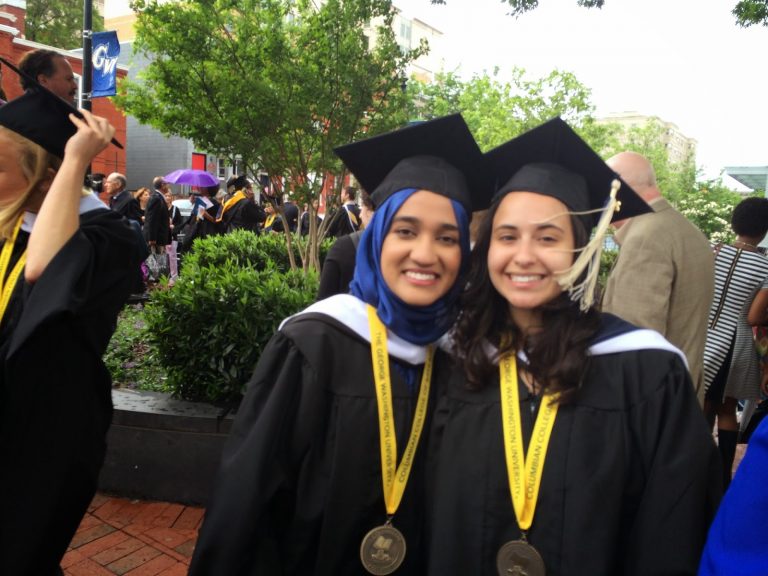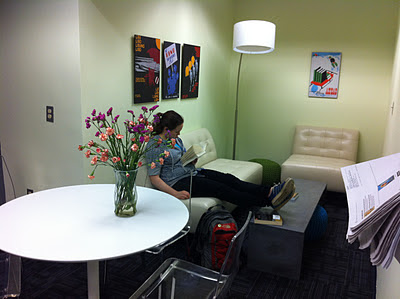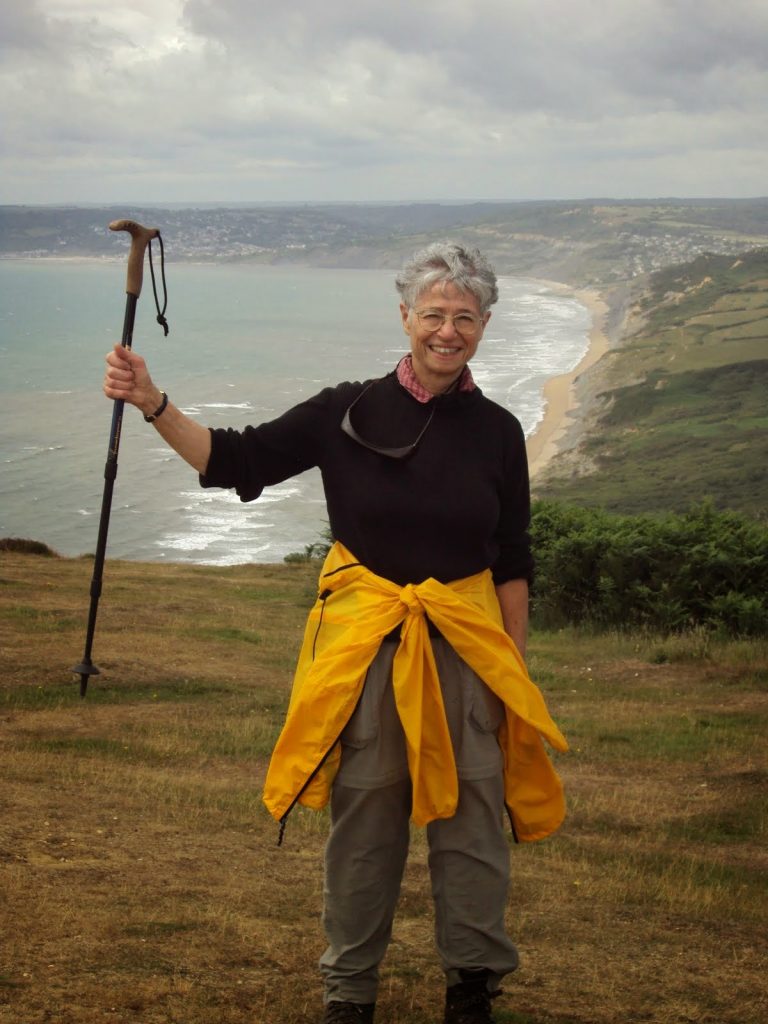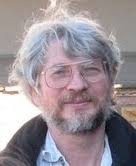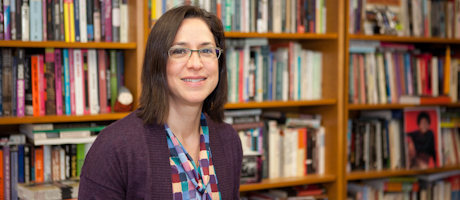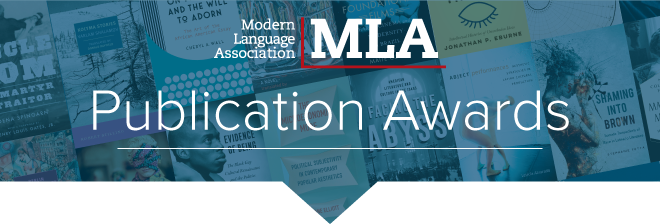Gabriel Muller, an English minor who graduated in 2013, is working for Atlantic Media here in DC (in the Watergate building, in fact). Below, he shares his thoughts about school and after school.
I majored in History with minors in English and Philosophy – the humanities trifecta. For the hesitant humanists out there who think that’s the fast track to a Dickensian life of destitution: I am, in fact, employed, and work with many other English graduates. Have hope!
There were a number of English courses at GW that I found very absorbing. I think they will likely remain memorable as I move forward in life.
In Aesthetics with Professor Margaret Soltan, I learned to exercise a critical eye when engaging with art and literature. Instead of passing elementary value judgments, we learned to elaborate on why certain pieces of art excite us and why certain ones fall flat – a helpful skill if going to a museum, looking at a painting, and saying: “Uh, I guess I like it because it’s pretty,” is starting to not cut it for you anymore.
I also took Critical Methods with Professor Robert McRuer, who made literary theory accessible, fun, but never superficial or reductive. He challenged us to move beyond our preconceptions and explore the theoretical foundations that inform our understanding of literature. Be prepared, in his class, to talk about everything in the universe except actual novels – disability, drag performance, the nature of representation, normalcy and sex, and the meaning of language. Your brain will definitely flex, but the connections will be very enriching. I promise.
These days I’m a fellow at the Atlantic Media Company. They own The Atlantic, National Journal, and a few other editorial brands. I work for a division called Atlantic Media Strategies, and we are the creative consulting arm of the company. In other words, we work with external clients – GE, Boeing, C-SPAN, etc. – and help them to become powerful editorial entities of their own. We redesign websites, create editorial content, and develop digital strategies for the clients.
After graduation, I considered applying for graduate school in the humanities. I took my GRE, finished my writing sample, wrote a statement of purpose, and got letters of recommendation in the Fall. But as the deadlines very quickly approached, I had a bad feeling – “This application feels rushed and half-baked,” I remember thinking.
I went with my gut – as I tend to do – and held off on submitting the application. This gave me time to let my application cook, so to speak, and really reflect on why I want to do grad school. I learned that applying to grad school should not be a hasty or emotional decision. It’s a long commitment and rushing it will not help you in the long run. If you are leaning toward grad school, I recommend preparing your application, doing your best, but letting it sit for a while. You’ll know when it’s ready to send off.
Interview by Prof. Margaret Soltan


.jpg)
